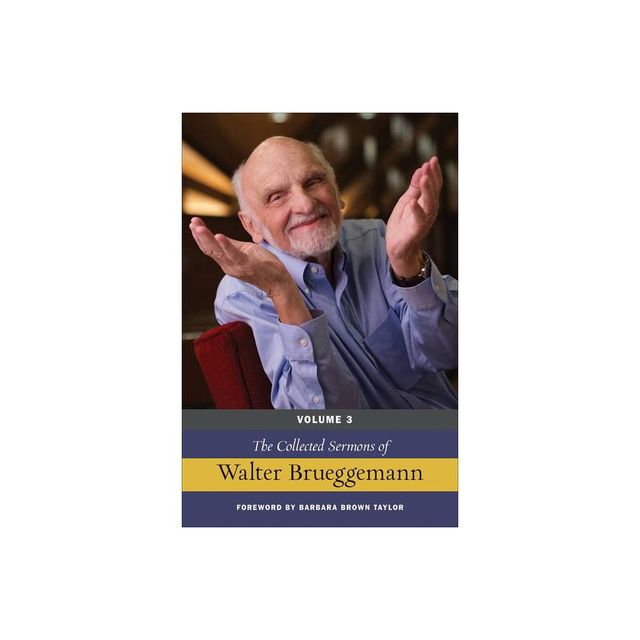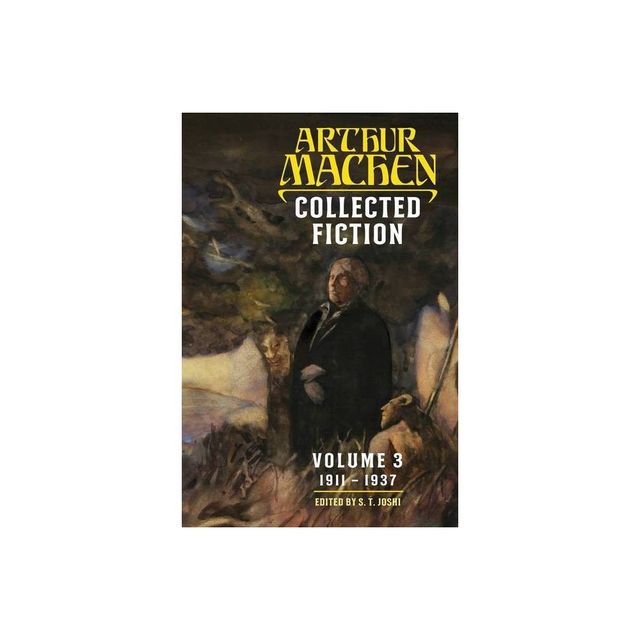Home
Collected Black Women's Poetry, Volume 3
Loading Inventory...
Barnes and Noble
Collected Black Women's Poetry, Volume 3
Current price: $98.00


Barnes and Noble
Collected Black Women's Poetry, Volume 3
Current price: $98.00
Loading Inventory...
Size: OS
*Product Information may vary - to confirm product availability, pricing, and additional information please contact Barnes and Noble
These four volumes collect the works of eleven poets writing in the nineteenth and early twentieth centuries. Volume 1 presents two collections by Mary E. Tucker Lambert--
Loew's Bridge, A Broadway Idyl
, a poet's-eye view of lower Manhattan just after the Civil War, and
Poems
--and
Infelicia
, a dramatic work by the notorious Adah Isaacs Menken. Volumes 2, 3, and 4 contain works by nine other poets, all of which were published between 1895 and 1910, a particularly brutal era for blacks. But, surprisingly, only one of these women (Lizelia Moorer) protests the treatment of her race during this period of social upheaval and injustice. The remaining eight poets all conformed to the ethos of most black writers of the time, "whitewashing" their art while educating and uplifting their people. Their themes are traditional--love, nature, death, Christian idealism and morality, and family--and are for the most part couched in conventional forms and language. As interesting for the themes that they address as for those that they ignore, these selections offer a unique sampling of poetic voices that, until now, have gone largely unheard.
Loew's Bridge, A Broadway Idyl
, a poet's-eye view of lower Manhattan just after the Civil War, and
Poems
--and
Infelicia
, a dramatic work by the notorious Adah Isaacs Menken. Volumes 2, 3, and 4 contain works by nine other poets, all of which were published between 1895 and 1910, a particularly brutal era for blacks. But, surprisingly, only one of these women (Lizelia Moorer) protests the treatment of her race during this period of social upheaval and injustice. The remaining eight poets all conformed to the ethos of most black writers of the time, "whitewashing" their art while educating and uplifting their people. Their themes are traditional--love, nature, death, Christian idealism and morality, and family--and are for the most part couched in conventional forms and language. As interesting for the themes that they address as for those that they ignore, these selections offer a unique sampling of poetic voices that, until now, have gone largely unheard.


















